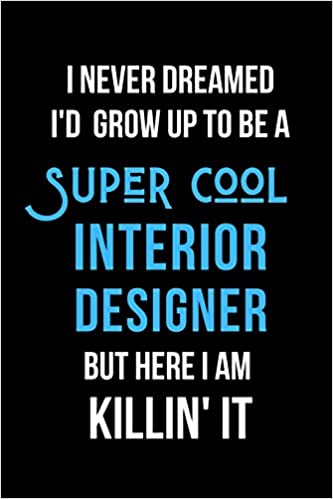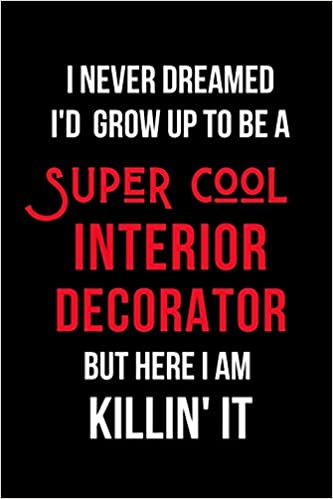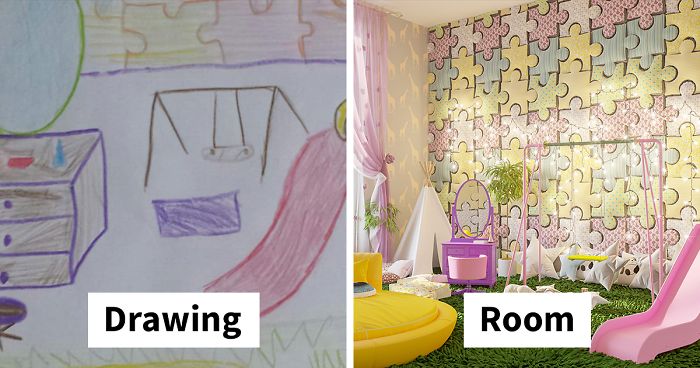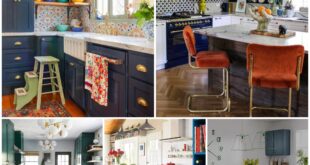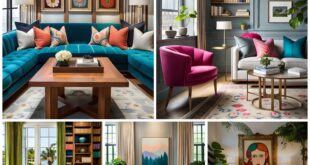If the design inspires you and encourages you to design, the interior design may be right for you. A well thought out and well executed design plan in a commercial environment can add value to a business and attract wealthy customers or customers, while a living plan can make the houses comfortable, beautiful and the city talk.
Both interior design and decoration would involve such things as Select fabrics, Colors and selection of suitable furniture. The design goes much further, however, and deals with the architecture of the room, including the arrangement and placement of structures such as doors, windows, and more.
Having a knack for design and taste that does justice to customers is a good sign that interior design is for you, but it’s not the only thing you can rely on. There are other things you need to excel in it.
Interior architecture degree: While this is not an absolute requirement, if you want to work for a design company, you need one. If you plan to work alone, you can do it without a degree, but that would be risky. You can probably get some projects here and there that wouldn’t require a degree to get the job done, but you’d be drastically limited. A bachelor’s degree in interior design is your ticket to a more successful and stable career because the fundamental difference between decoration and design lies in this degree. Remember that some states require a degree.
Additional knowledge: Interior design may be fun, but there are other aspects of the job that are likely to be anything but fun. In addition, what you learn at a design school would require you to be familiar with building codes, inspection codes, and knowledge of universal design and construction standards, to name a few. You would probably also work with contractors, architects and builders. This means that you need to expand your knowledge and understand a little about the work of others.
Take care of the business: Don’t be fooled by the creative side of design. It’s a business that includes schedules, deadlines, and handling financial matters. You need to keep track of where and to whom the money has been allocated to you for a project. Knowing about the payments and how you get paid is a tedious task that can be made easier by using them Billing for interior designers to do these kinds of administrative tasks when designing your business. With a prepared invoice template, you have clearly organized all payment details for you and your customers. This gives your work a much more professional profile.
Portfolio: Nothing appeals to customers better than pictures and a strong portfolio. The competition is fierce and your previous work has to be out there to get noticed.
In any career you have to start somewhere and that’s usually at the bottom. Over time, you can begin to stand out with your unique design talent, education, and business acumen. You will learn more as you move forward in your career and become that successful interior designer you are determined to be
 TopsDecor.com Home Decor Ideas
TopsDecor.com Home Decor Ideas
